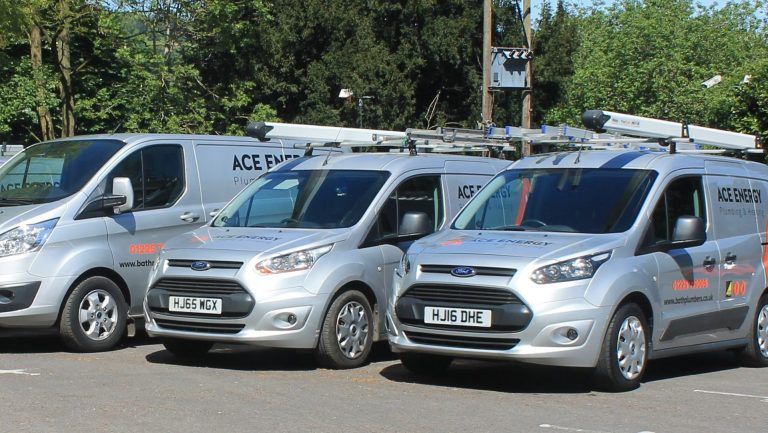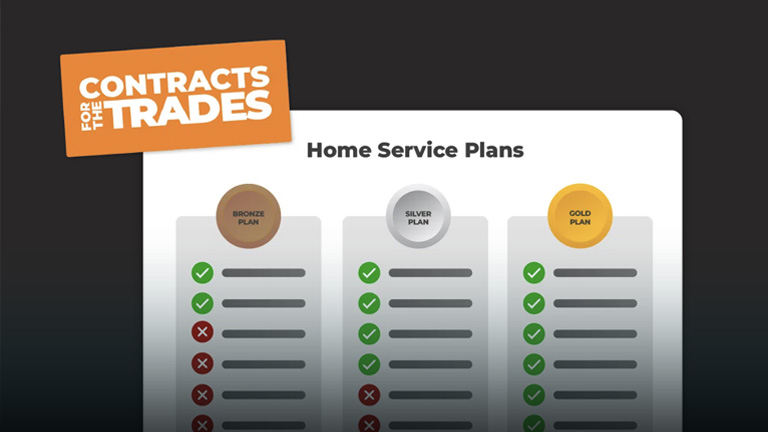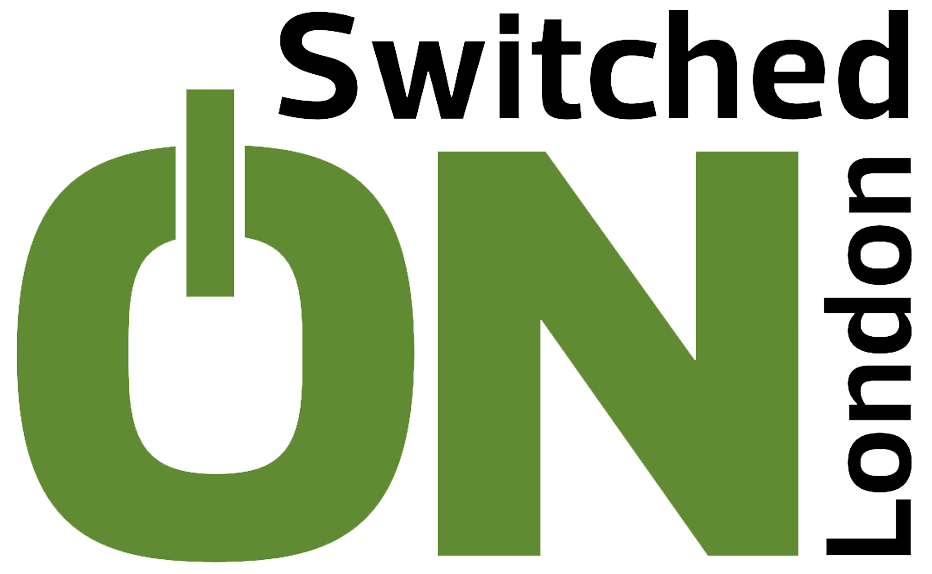MCS Registered Installers: Everything You Need to Know
July 31, 2024 | Read: 10 minutes

As the UK shifts to focus on low-carbon technologies, it’s increasingly important for businesses investing in renewable tech to consider becoming an MCS registered installer.
Alongside a growing need for businesses to abide by specific standards, there are compelling incentives and significant benefits to become MCS registered.
But what does it mean to become an MCS registered installer? What benefits are there for MCS registered installers? What is an MCS certificate?
We’ll answer all these questions and more, below, so let’s dive right in!
Don’t have time to read? Listen instead!

What is MCS?
MCS stands for Microgeneration Certification Scheme.
Think of MCS as a standards organisation not unlike ISO: The International Organization for Standardization.
They’re all about setting high standards for the renewables industry. Their core mission is:
To give people confidence in low-carbon energy technology by defining, maintaining and improving quality.
MCS Certified
To do this, MCS operates a number of certification schemes. These give low-carbon products — including heat pumps and solar panels — a stamp of quality.
Additionally, if your business gets certified as an MCS registered installer (also known as being MCS Accredited), it’s a clear sign to customers of your committment to high standards, compliance, and high-quality work.
In their own words:
MCS is a mark of quality. Membership of MCS demonstrates adherence to these recognised industry standards; highlighting quality, competency and compliance.
It’s clear that there is a growing demand for renewable energy assets and low-carbon technologies in the UK. Alongside DNOs (Distribution Network Operators) who manage the national grid, MCS is working to set an optimal standard.
To note, since 2008, there have been over 1.5 million MCS certified installations registered, and there are currently over 3000 contractors and more than 53,000 products registered with the scheme.
This is all in an effort to improve the distribution of power across the UK. The goal is to reduce the UKs reliance on fossil fuel technology and reach Net Zero.

Is MCS Registration a legal requirement?
In short, no: MCS registration is not a legal requirement for field service businesses.
While MCS may be similar to other standard-setting institutions, such as Gas Safe, unlike Gas Safe, there is no legal requirement to join.

This means that even without membership to MCS—and so long as their engineer’s have the skills and know-how—there’s no other red tape stopping a service business from installing solar panels or other low-carbon devices for their customers.
However, there are compelling reasons to become an MCS registered installer. Reasons that will benefit businesses like yours and your customers, too…
Reasons to become an MCS Registered Installer
First, there are government grants. MCS registration is a requirement for any business that wishes to benefit from government-funded incentive schemes. These schemes can provide huge discounts for residents who are eager to install low-carbon products. It has the potential to make heat pumps and solar panels more accessible for customers by reducing upfront costs and save installers money, too.
To qualify for these certain grants, it’s necessary for a company to become an MCS registered installer. It’s also necessary for the products they install to be MCS certified. After all, many of these consumer grants and incentives are only available with proven MCS accreditation.
Discounts can be massive, too. For instance, the Boiler Upgrade Scheme (BUS) means installers can claim up to £7500 off an air source heat pump. There’s also the Smart Export Guarantee (SG). Individuals and small-businesses can receive money by exporting excess electricity back to the national grid.
As such, for consumers:
Before going ahead with [their] renewable installation, it’s important to check that [their] installer is MCS certified and uses MCS certified products.
Without it they could miss out on fantastic financial perks.
Another benefit for homeowners relates to insurance. It can be a big positive to have MCS approved devices installed by MCS accredited installers.
The terms & conditions of certain insurance policies will often require very detailed paperwork about products and installations.
Due to its credibility as the new industry standard, evidence suggests that if an installation is MCS compliant it gives homeowners, businesses, and insurers greater security.
Customers may need to produce an MCS certificate to insurance companies, mortgage lenders and planning authorities. From a consumer’s perspective, using an uncertified installer is more trouble than it’s worth.
Renewable Energy Installer & Specifier
As anyone who owns their home will tell you, a lot of detailed information is required should they wish to sell, or even simply insure their property.
Additional Benefits to being an MCS Registered Installer
With MCS certified products it’ll be easier for customers to provide paperwork, but may be more complicated, or even impossible, if an installation isn’t backed by an accreditation.
As well as the financial benefits, being MCS registered can also give businesses greater credibility. This makes it easier to win customers over and shows them you care.
To help here, MCS has introduced a search tool that helps consumers to easily find an installer registered. This way, they can be confident in selecting who to install their heat pump and other low-carbon devices.
If your business appears on that list, it could help you attract new customers!
With the UK government directly backing this scheme and giving residents the tools to find a heat pump installer, they can rest reassured that the service they pick complies with the highest standards.
Do I need to pay for MCS Registration?
Yes, there are fees involved for businesses who wish to be MCS registered and certified.

The average cost for signing up sits at just over £1000 in the first year. The total cost can vary depending on a few factors. This can include the number of employees you have registered, as well as the number of installations that are carried out.
It’s important to note that different paperwork will be required depending on what you intend to install. This will cost more time and money.
At time of writing (July 2024), the fees for being MCS Certified (excluding VAT) as found on the MCS Certified website, include:
- Consumer Code: £100 joining fee + an additional membership fee. This fee can vary based on the number of employees included. An approximation for 1-6 employees is £285, for a total of £385.
- Certification Body: £650 (average) in the first year, with an annual fee of £550.
- MCS: To join this scheme itself, per company, is £55 each year.
- MCS Certificate: a cost of £30 per installation.
Again, similar to other certifications like Gas Safe, the cost is a necessary one.
Not only does it cement a businesses commitment to quality, but it helps the institution to grow and improve efficiency. This will only support efforts to improve standards across the industry at large and work toward achieving the UK’s Net Zero goals, too.
How long does it take to become an MCS Registered Installer?
Becoming certified and registered can take a few months.
Again, it’s important to note that there are numerous steps to follow. Becoming registered will require a healthy amount of digital paperwork to be completed.
Evidence is required to showcase your:
- Understanding of the Standards
- Demonstrate Competency
- Commitment to Demonstrating Quality
- Commitment to Customer Care
- Commitment to Quality Workmanship
Application will include assessments and frequent auditing with evidence-based investigations that include on-site audits of installation sites you’ve worked on.
After all, with government funding at stake, it’s understandable that a lot of information will be required so that you’re able to show you’re both capable and committed.
If you’re interested in becoming MCS Certified, we’d encourage you to explore the MCS website. They have developed a useful step-by-step guide to walk you through the process of becoming certified, which elaborates on the summary we’ve provided in this blog.
In addition, you may also wish to explore the MCS approved training on their website, or exploring services likes Easy MCS, who may be able help you streamline your application.
What is an MCS Certificate?
If you’re an electrical company installing solar panels or a heating business, or installing heat pumps, an MCS certificate makes it clear that the installation is MCS certified.
[It’s] proof that your installation has been designed, installed & commissioned to the highest standard using only MCS certified products by MCS certified installers
MCS Certified
As mentioned certificates will be required for the successful application of government grants or provided for customers’ insurance claims and certificates will be required for every installation you complete.
How do I get an MCS Certificate?
There are three specific requirements needed to get your hands on an MCS Certificate.
- The certificate must be commissioned by a company that is MCS certified
- The installed products must also be MCS certified
- The certification has been commissioned after 15th July 2009.
How long does it take to get an MCS Certificate?
This can be a useful answer to have in your back pocket, should customers wish to know.
For example, if you’re installing solar panels for a client, then let them know that they can expect to be issued with their certificate within 10 working days.
Of course, whilst they wait, it’s already reassuring to know they’ll have worked with an accredited business. And when working with an MCS Certified Installer, homeowners will know that the company meets the expected standards for quality, safety, and compliance.
For more specific information regarding certificate queries, such as finding and obtaining certificates after an installation, check out the MCS website.
Certificate Management with Commusoft
The benefits of MCS membership for installers are numerous, helping you to improve customer relationships, diversify your work with new job opportunities, and help you to grow your business.
Whether you’re running an electrical or heating business and looking to pursue working more with renewable technology, I hope we’ve helped to shine a light on how MCS can help.
Of course, we know that field service businesses like yours will be used to creating and sharing a wide variety of certificates, forms, and documents for the installations you complete. But it’d be great if it were always easy to complete, right?
With Commusoft it can be.
Our software is capable of helping you to manage practically every single one of your needs for generating and sharing digital forms and certificates.
We have a premade template library that offers a wide collection of ready-made templates for industries including electrical certificates, and gas certificates.
It’s our intention to grow this further and empower your business with all sorts of amazing tools. If you’re interested in learning more about building bespoke forms, explore Custom Forms with Commusoft by clicking the banner below:









